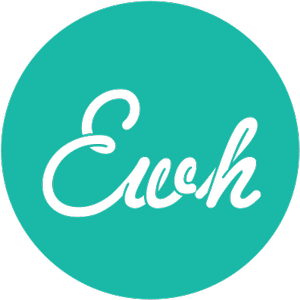
Publishers, Distributors, and Wholesalers, Oh My!

A publisher is the entity that contracts with an author to publish a manuscript, then pays for that book to be created/published. A distributor disseminates books into the marketplace. There are basically three ways books are distributed – through wholesalers, through book distributors or through fulfillment houses.
Bookstores, libraries and other retailers seldom buy books directly from publishers – they buy them from wholesalers. Most publishers lack the storage space to house massive quantities of books and prefer to focus their energies on the acquisition and publishing of manuscripts rather than their dissemination into the marketplace. The wholesaler buys books from publishers at a high discount and sells the books to their customers (the retailers) for a slightly lower discount. Among the most commonly known wholesalers are Ingram and Baker & Taylor. But wholesalers seldom work with small publishers, since there are so many of them, so small publishers generally use a distributor.
The distributor takes the publisher’s books and actively sells them into the retail and wholesale marketplace. A distributor will do all of the warehousing, packing, shipping, etc. that a fulfillment house does, but will also work to sell titles by calling on accounts. They then take a share of net revenue in exchange for their services.
A fulfillment house stores the inventory; packs & ships the books; bills & collects from customers; processes returns, etc. but does not market or sell books. They fill the orders received, but creating demand for the book is up to the publisher and author.
So, in a nutshell, a wholesaler works for their big retail customers (and waits for orders to come in from them); a distributor works for the publisher (and actively promotes/sells to the wholesalers and retailers) and a fulfillment house can work for anyone, including a self-published author – but simply stores, ships and bills for books sold.




